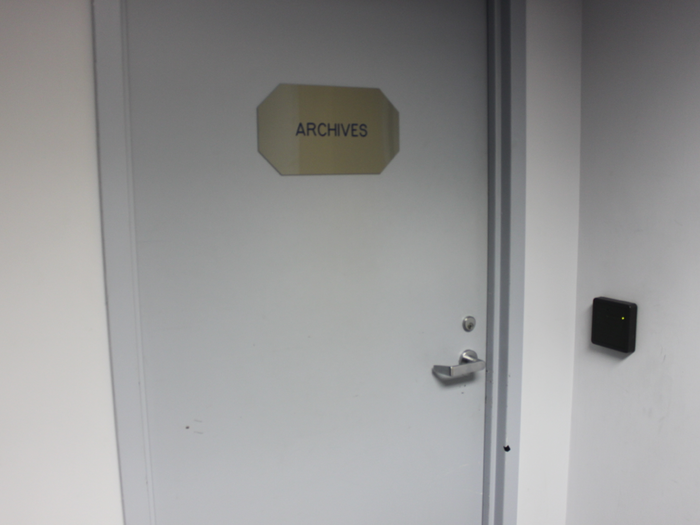



















































We Toured Parts Of The New York Stock Exchange You Won't See On TV >
 India's hidden gems where the thermometer doesn't cross 20 degrees
India's hidden gems where the thermometer doesn't cross 20 degrees
 India's foreign exchange reserves rose by USD 2.6 billion in the week ending May 10: RBI
India's foreign exchange reserves rose by USD 2.6 billion in the week ending May 10: RBI
 India is one of the strongest markets in the world with its fundamentals: Red Hat CEO
India is one of the strongest markets in the world with its fundamentals: Red Hat CEO

Copyright © 2024. Times Internet Limited. All rights reserved.For reprint rights. Times Syndication Service.